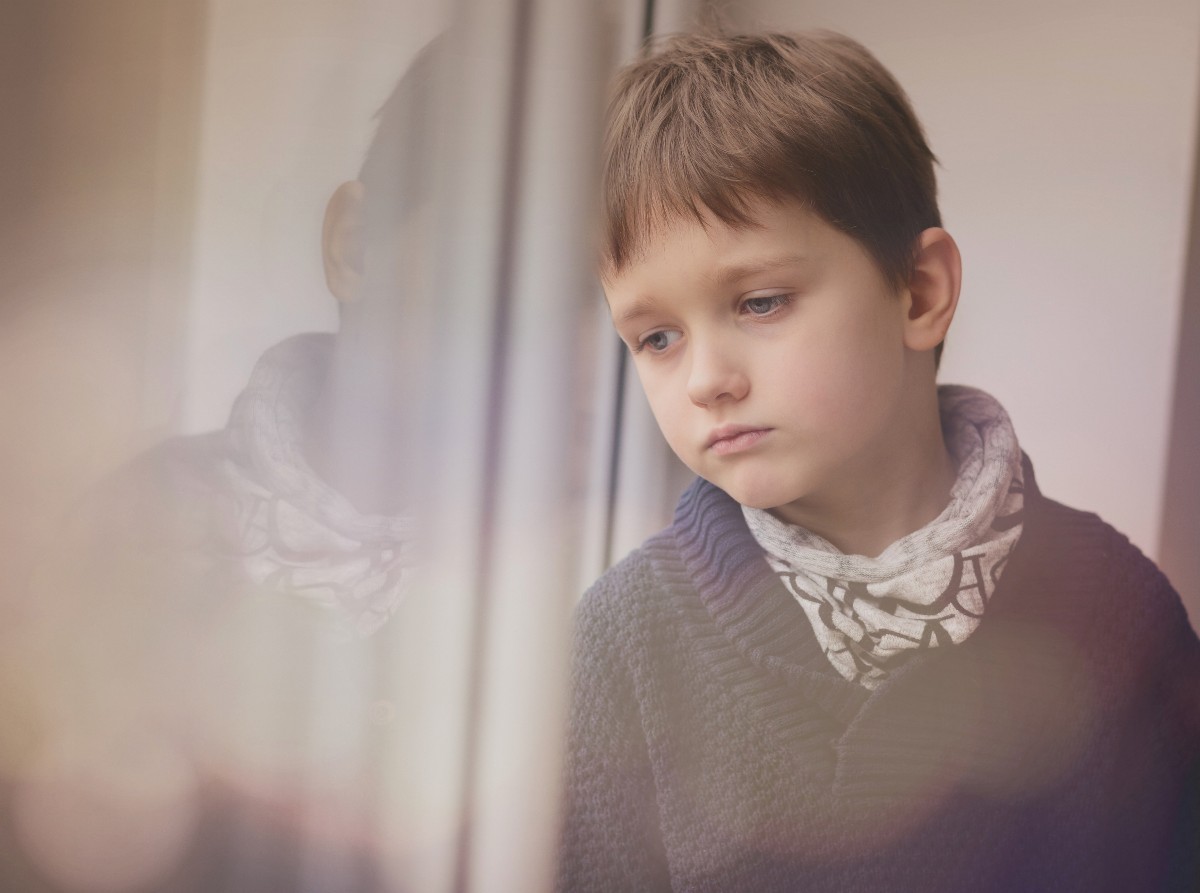
The Oct. 7 terrorist attack on Israel has left children and parents with significant psychological scars, a new study shows.
But families with a child who has autism have been especially hard hit, according to researchers from the Autism Center at Hebrew University of Jerusalem.
“Parenting a child during wartime is a universal challenge, but our findings indicate that autistic children and their parents… need targeted mental health support that takes into account their unique characteristics,” said Judah Koller, the center’s co-founder and an assistant professor at the Seymour Fox School of Education.
Within a month of the Hamas terror attack, all children were experiencing significant post-traumatic stress, the study found. Children with autism had what researchers described as a more pronounced response, indicative of their increased vulnerability.
Their parents, meanwhile, had higher levels of depression, anxiety and stress, highlighting the urgent need for mental health services for families affected by the ongoing conflict.
Researchers said their mental health struggles were two to four times higher than reported in a pre-war study conducted by the Azrieli National Center for Autism and Neurodevelopment Research at Ben Gurion University.
“Our goal is to provide a comprehensive understanding of the ongoing effects of war on these vulnerable populations and to advocate for the necessary support services,” Koller said in a Hebrew University news release.
For the study, his team used online questionnaires to gather data quickly. The study included 92 parents, including 57 who reported having a child with autism. On average, the children were a little over 7 years of age.
For children with autism who depend on a routine and predictability in life, the disruptions owing to terror attacks and war make everyday stress even worse, researchers said.
They said their findings, recently published in the journal Stress & Health, underscore the urgent need for immediate and ongoing mental health services for all children and parents affected by the conflict.
Researchers called on policymakers and healthcare providers to prioritize the needs of families affected by autism not only in Israel but in similar conflict-affected regions around the world.
“Our goal is to provide a comprehensive understanding of the ongoing effects of war on these vulnerable populations and to advocate for the necessary support services,” Koller said.
More information
Save the Children has tips for talking with children about terrorism.
SOURCE: Hebrew University of Jerusalem, news release, July 9, 2024
Source: HealthDay
Copyright © 2026 HealthDay. All rights reserved.

Leave a Reply